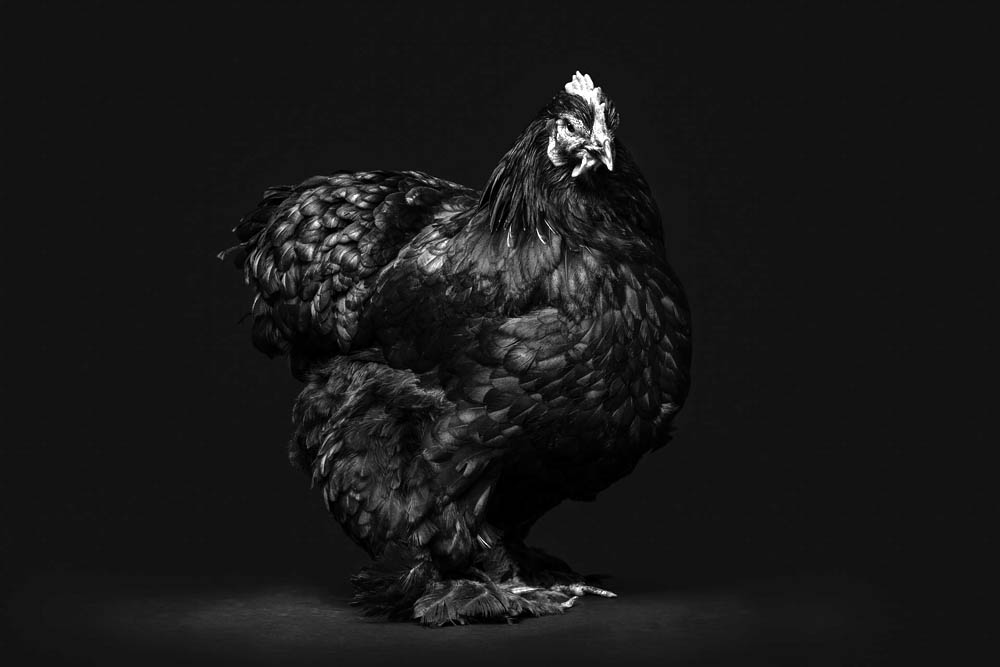
The Game of Chicken
The Game of Chicken is a classic problem in game theory. In its simplest form, refers to two motorists, on separate ends, racing headfirst towards one another. The ‘chicken’ is the driver who swerves away. The driver who stays her course, when the other swerves away, wins all the glory. What if both drivers stay the course? Well, they collide in a fiery crash. The table below summarizes the Game of Chicken between Dom and Brian – characters of the popular movie series The Fast and Furious). What are the solutions to this game?
Game of Chicken

Nash equilibria in pure strategies
In this Game of Chicken, neither player has a strictly dominated strategy. So, we cannot use an iterative deletion of strictly dominated strategies (IDSDS) to find a solution. We can say, however, that there are two Nash equilibria in pure strategies: (1) Brian stays course, and Dom swerves away; and (2) Dom swerves away, and Brian stays course. Both strategic profiles are Nash equilibria because swerving is the best response to staying, and vice versa. If either strategic profile is played, neither player has an incentive to change their strategy.
Conversely, the strategic profiles in which both players pursue identical strategies are not Nash equilibria. If both drivers, for example, believe the other will swerve away, each believes he can earn a higher payoff by staying the course. Likewise, if both drivers believe the other will stay the course, then both want to swerve away to earn a higher payoff.
Motivational structures
The Game of Chicken is not confined only to thrill-seeking motorists. In Arms and Influence, Thomas Schelling highlights two common “motivational structures” in the Game of Chicken. One is in the “real” strategic sense in that withdrawal acquiesces a relative advantage to your competitor. Consider, for example, a game of entry and exit between two companies below. If both companies compete in an overheated market, they make each other worse off. But each company is tempted to stay if it believes that the other is exiting. Indeed, there are two Nash equilibria in which one company exits, and the other stays.
Game of exit

Another motivational structure, Schelling says, is in which reputation, status, popularity or ‘face’ is at stake. It is reminiscent of the Hawk-Dove game in evolutionary biology, where aggression is desirable when your competitor is dovish, but undesirable if your opponent is hawkish. In the example below, both nations want to exhibit combativeness if the other shows restraint – it plays well in domestic politics. But if both nations are combative, they risk total war. Once again, we have two Nash equilibria in which one nation is combative, while the other is dovish.
Game of face

Winning Chicken
Chicken is often a game of nerves, reputation, and expectations. Schelling notes that the game “virtually disappears if there is no uncertainty”. Indeed, the solution is obvious if you could move beforehand. It follows that to win in Chicken, you have to create a ‘last clear chance’ for your adversary to ‘swerve away’. In essence, you have to turn a simultaneous game into a sequential game and commit to ‘staying the course’. If the opponent is aware of your commitment, and is rational about their self-preservation, then the best response as a second mover is obvious. The question, of course, is how to commit persuasively.
Escaping Chicken
Remember that game theory is as much about playing the game as it is about changing it. If you cannot win the Game of Chicken, you might want to escape it. How then might we extricate ourselves from Chicken? After all, if you decline to play Chicken, then you are a ‘chicken’ by definition.
The trick, Schelling says, is to recognise that Chickenis not a game of pure competition. In some games, payoffs are coupled, for example, to political obligations, societal anxieties or reputational preservation. The goal is to alter the motivations or choices to your favour. For minor disputes, we might appeal to higher laws, customs and authorities to provide players with an escape that doesn’t result in losing ‘face’.
Unfortunately, in games between superpowers – much like the nuclear brinkmanship during the Cold War – escape is doubly difficult given the mix of motivational structures and the absence of higher powers. But the idea is similar, we try to create conditions and concessions for players to exit without inflaming hostilities and reputational damage. This might involve altering or decoupling the payoffs associated with ‘swerving away’. Schelling noticed, for example, that “Khrushchev was able to claim, after the Cuban crisis, that he had pulled back from the brink of war, not that he had backed away from President Kennedy”.
“‘Face’ is merely the interdependence of a country’s commitments; … It is undoubtedly true that false pride often tempts a government’s officials to take irrational risks… “Face” should not be allowed to attach itself to an unworthy enterprise… Equally important is to help to decouple an adversary’s prestige and reputation from a dispute; if we cannot afford to back down, we must hope that he can and, if necessary, help him.”
Thomas Schelling. (1966). Arms and Influence.
Further reading
- Dominant strategies, dominated strategies and iterative deletion — Simplifying the game
- Nash equilibrium — A fundamental solution concept, and the hallmark of game theory
- The Prisoner’s Dilemma — An economic, political and evolutionary bastille
- Games of conflict and coordination — The tug-of-war of economic life
- Commitments, threats, and promises — Tools to deter and compel
- Brinkmanship and the manipulation of shared risk